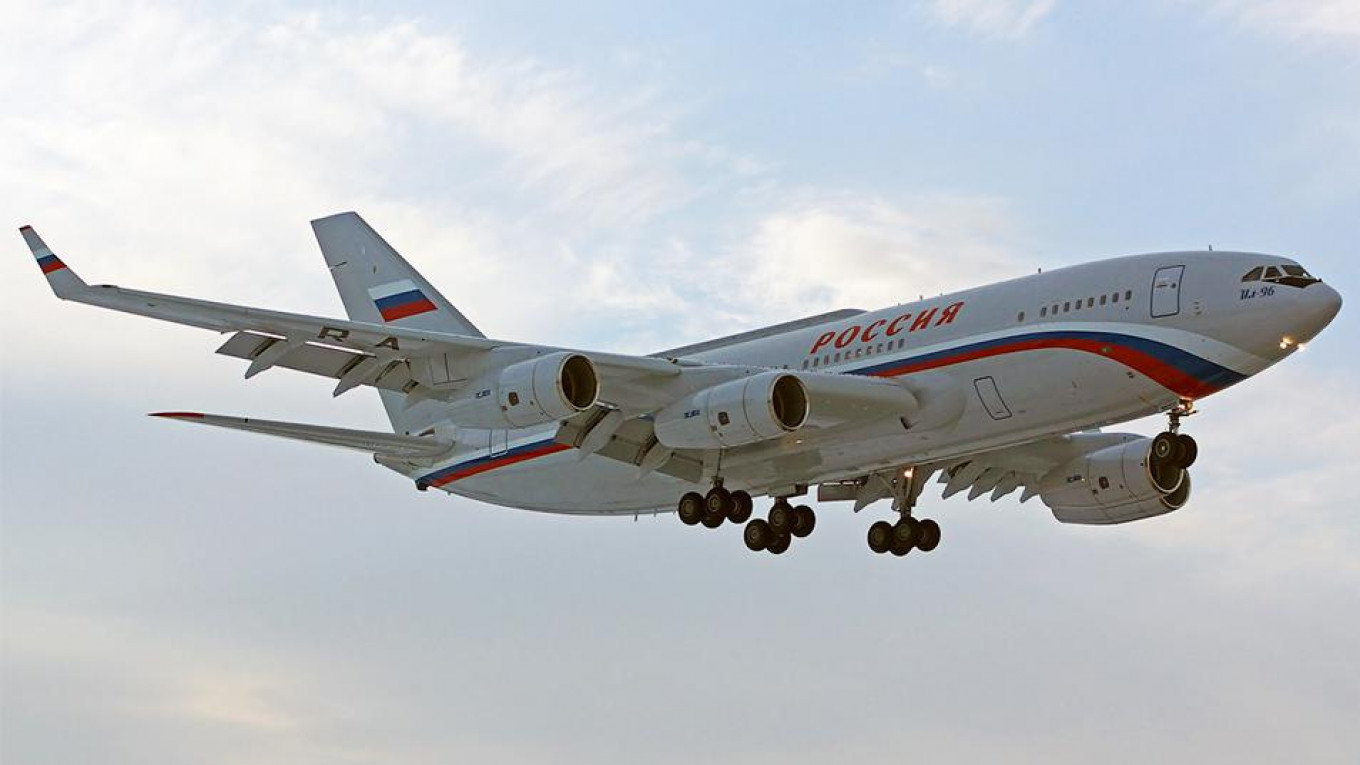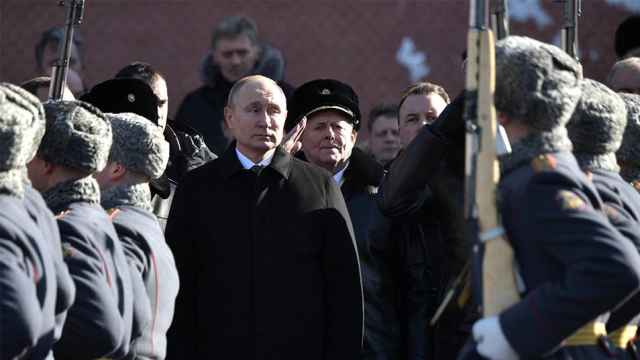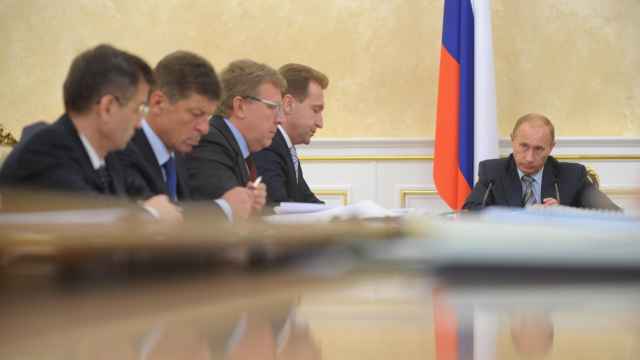The Kremlin has denied reports that cocaine was being smuggled from Argentina aboard a presidential aircraft used by high-ranking state officials.
Earlier this month, Argentina arrested six people suspected of running a cocaine smuggling ring between the Russian Embassy in Buenos Aires and Moscow. The aircraft used in the drug run, shown in footage released by Argentinean law enforcement, was identified as a Russian diplomatic plane, the RBC business portal reported Monday.
A spokesperson at the Russian Office of Presidential Affairs, which operates the presidential fleet, told Interfax on Tuesday that media reports linking the Russian diplomatic plane to the cocaine scandal were not true.
“Journalists have drawn conclusions based on inaccurate information, in this case, photographs that can easily be falsified with modern technology,” the spokesperson, Yelena Krylova, was cited as saying.
The Russianplanes.net plane-tracking website that RBC cited in tracing the ownership of the Ilyushin Il-96-300 airliner that was linked to the heist went offline shortly after the RBC report.
Nearly 400 kilograms of cocaine were replaced with flour and fitted with a tracking device during Argentina's joint operation with Russia to clamp down on the drug smugglers.
Russia is holding three suspects of the drug smuggling case in pretrial detention, while a former embassy staffer thought to be the mastermind of the group has fled to Germany, Interfax reported.
A Message from The Moscow Times:
Dear readers,
We are facing unprecedented challenges. Russia's Prosecutor General's Office has designated The Moscow Times as an "undesirable" organization, criminalizing our work and putting our staff at risk of prosecution. This follows our earlier unjust labeling as a "foreign agent."
These actions are direct attempts to silence independent journalism in Russia. The authorities claim our work "discredits the decisions of the Russian leadership." We see things differently: we strive to provide accurate, unbiased reporting on Russia.
We, the journalists of The Moscow Times, refuse to be silenced. But to continue our work, we need your help.
Your support, no matter how small, makes a world of difference. If you can, please support us monthly starting from just $2. It's quick to set up, and every contribution makes a significant impact.
By supporting The Moscow Times, you're defending open, independent journalism in the face of repression. Thank you for standing with us.
Remind me later.






